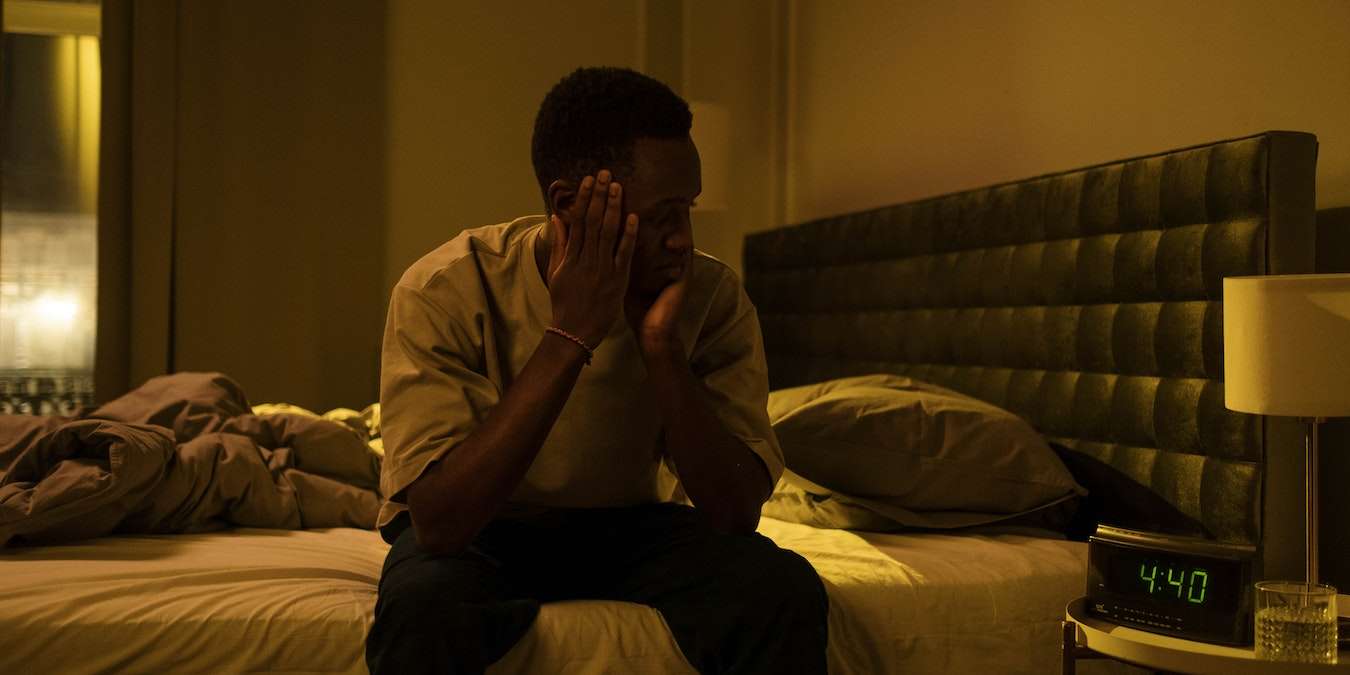
Quality sleep is essential for maintaining optimal physical and mental health. However, many people struggle to get the restful sleep they need, leading to various issues such as daytime fatigue, impaired cognitive function, and increased susceptibility to health problems. If you want to improve your sleep quality and sleep better at night, these eight effective strategies can help you achieve a more rejuvenating slumber.
1. Establish a Consistent Bedtime Routine
Maintaining a consistent bedtime routine with a set sleep schedule is one of the most crucial aspects of getting better sleep. Try to go to bed and wake up at the same time every day, even on weekends. This practice helps regulate your internal clock, promoting a natural sleep-wake cycle.
Along with this consistent bedtime, you should create a relaxing bedtime routine that signals your body that it’s time to wind down. This bedtime routine will help balance your natural circadian rhythm.
2. Optimize Your Sleep Environment
If you want to sleep better, make your bedroom a sleep-friendly sanctuary. Keep the room cool, dark, and quiet. Invest in a comfortable mattress, supportive pillows, and breathable bedding. Use earplugs, an eye mask, or white noise machines to block out disruptive sounds and lights.

3. Limit Caffeine and Alcohol Intake
Caffeine and alcohol can significantly impact your sleep quality. Avoid consuming these substances close to bedtime, as they can disrupt your sleep patterns and hinder deep sleep. Instead, opt for herbal teas or warm milk, which promote relaxation and aid in sleep.
4. Exercise Regularly to Sleep Better
Engaging in regular physical activity can improve your sleep quality. Aim for at least 30 minutes of moderate exercise daily, and try to do various activities that stretch and work different parts of your body. The workouts don’t have to be intense, and you can even perform exercises that don’t require equipment.
However, you must time your workouts appropriately so they don’t negatively impact your sleep. Exercising earlier in the day is generally more beneficial, as late-night workouts can increase alertness and make it harder to fall asleep. So, do all your exercises within a few hours of your bedtime routine.
5. Limit Screen Time 30 Minutes Before Bed
The blue light emitted by electronic devices can suppress melatonin production, making it harder to fall asleep. Establish a technology curfew at least 30 minutes before bedtime, and keep electronic devices out of the bedroom. Many electronic devices like cell phones now have settings for sleep mode, and you can use this to limit notifications and blue light emissions.

6. Limit Long Napping During the Day
While short power naps can boost energy, excessive daytime napping can disrupt sleep at night. If you struggle with insomnia or poor sleep quality, avoid napping during the day or limit it to 20-30 minutes in the early afternoon. This will help ensure you are adequately tired at bedtime each night.
7. Manage Your Stress Levels
Stress is normal, but high stress levels can lead to anxiety and sleep disruptions. If you notice that you can’t “turn off your brain” at night, you are probably experiencing heightened stress levels impacting your sleep.
You can do many things to manage stress levels and improve your sleep. You can try activities that lower stress levels, such as journaling, meditation, and paced breathing exercises. You can also spend time with people and activities you enjoy and strive for a better work-life balance. All of this can help lower stress levels over time.
8. Use Natural Elements to Improve Sleep
Natural remedies for common ailments like insomnia have become increasingly popular. If other suggestions haven’t improved your sleep, you can try using natural minerals and oils to promote healthy sleep. Chamomile tea, melatonin, and lavender are all examples of natural elements that can promote sleep. Just read about each one carefully before trying it, and consult your doctor if you are on any medications.

Frequently Asked Questions
How many hours of sleep do I need each night?
The recommended amount of sleep can vary depending on various factors, including age, individual differences, and overall health. However, most adults require 7 to 9 hours of sleep per night.
Why do I have trouble falling asleep?
There can be several reasons why you may have trouble falling asleep. Some common causes include stress levels, poor sleep habits, and using electronics in bed.
When should I consult a doctor or sleep specialist about my sleep issues?
It’s important to consult a doctor or a sleep specialist if you experience persistent or severe sleep issues that significantly affect your daily life and well-being.
Image credit: Pexels








